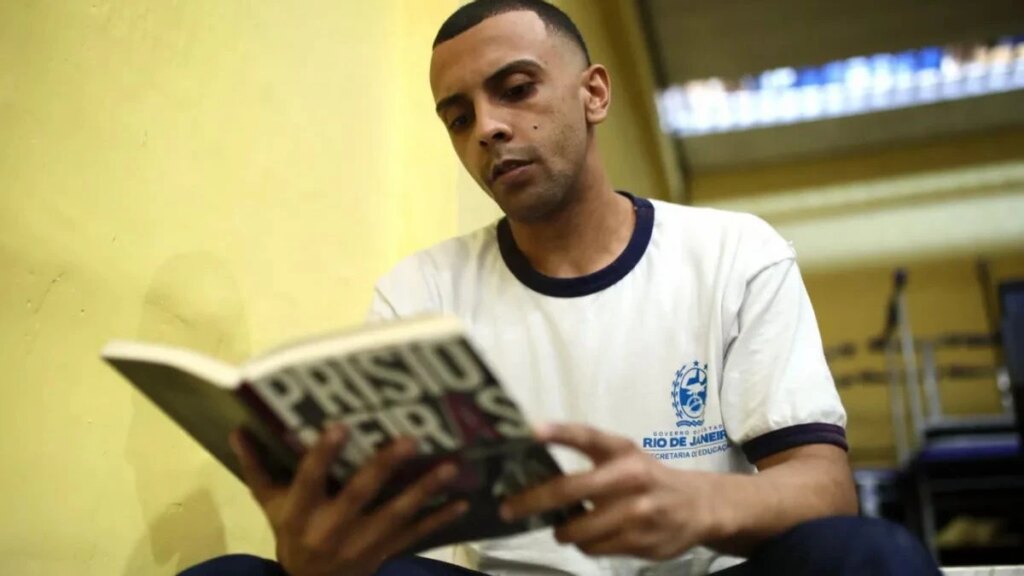Prisoners in Brazil can get shorter sentences by reading books and committing to education. But how does this really work, and is it actually worthwhile?
Reading is often considered as an ‘escape’ of sorts – a way for us to leave behind the stresses and strains of everyday life and head for somewhere a little more fantastical. In highly distressing environments, like in prison, this escapism becomes all the more important.
But in some cases, reading can not only help you achieve a metaphorical escape. It can help you achieve literal, physical freedom, too. This is the result of a program enacted in Brazilian prisons, as inmates gain reduced sentences through reading.
So, how does this program work? And is it effective in easing re-offending rates and reducing crime?
New Methods in Brazil
For more than a decade, Brazil has given prisoners the chance to reduce their sentences by embracing literature and reading. As the Brazilian National Gazette reported back in 2012, “Inmates in four federal prisons holding some of Brazil’s most notorious criminals will be able to read up to 12 works of literature, philosophy, science, or classics to trim a maximum of 48 days off their sentence each year.”
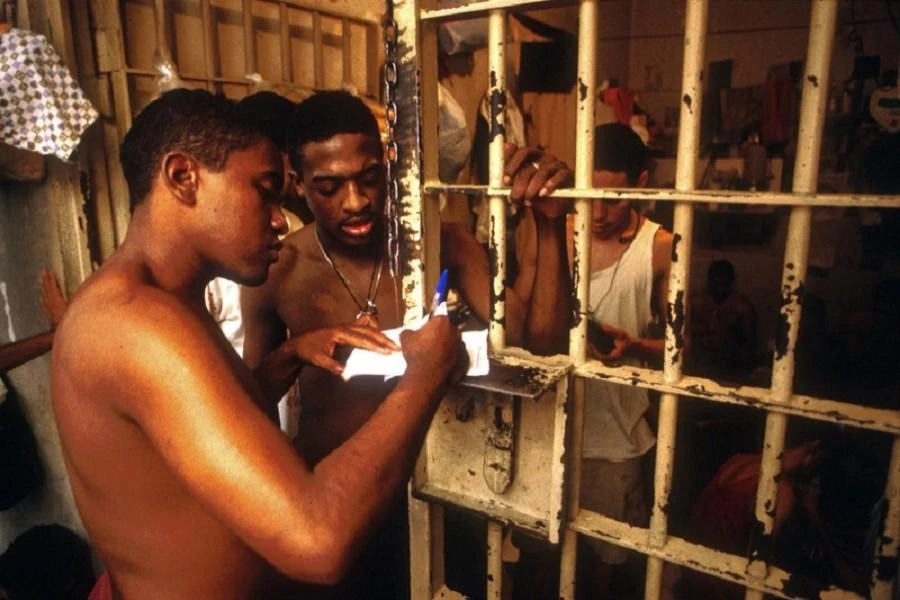
There is nothing automatic about the process here. Prisoners may be able to reduce their sentences, up to a designated maximum, as long as they adhere to a specific set of rules and regulations. As well as reading up to twelve works each year, prisoners need to abide by the standard requirements of good conduct and responsible behavior. To prove that they’ve read all these books, the prisoners will need to submit twelve reviews, ready for approval.
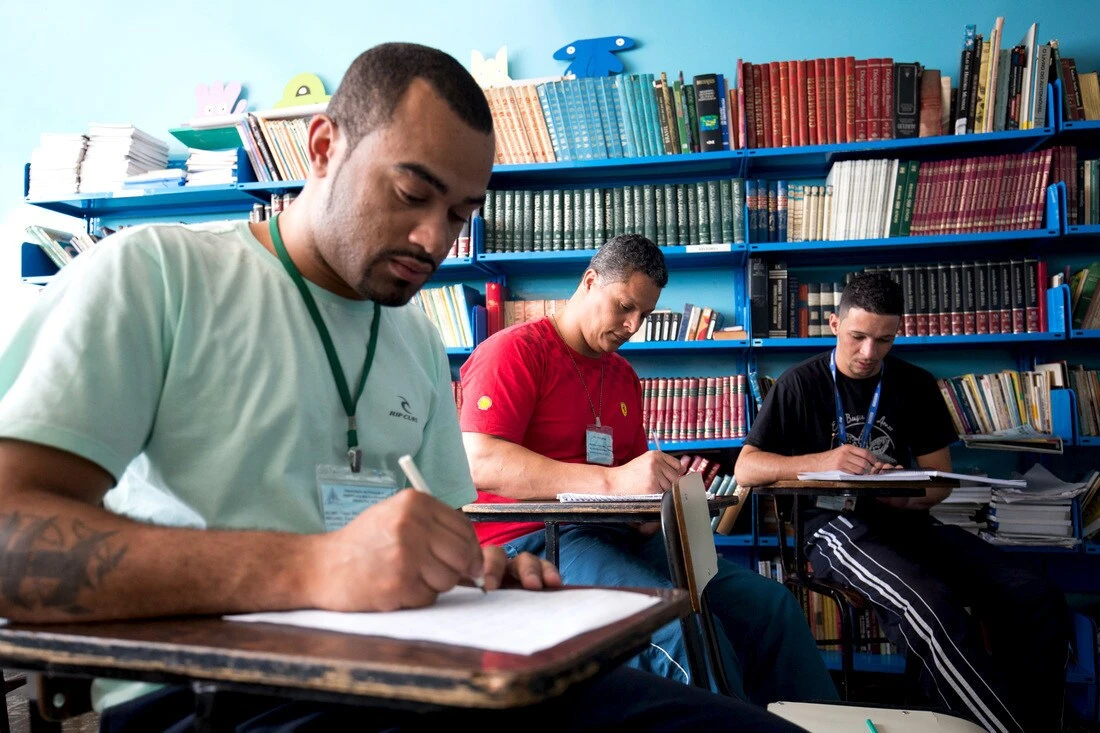
The Reasoning
So what’s the point of this exactly? Well, for Brazil, it’s about a lot more than just making sure criminals have a good book to read while they are inside. Instead, it’s about breaking the cycle of crime and reoffending that has blighted the country.
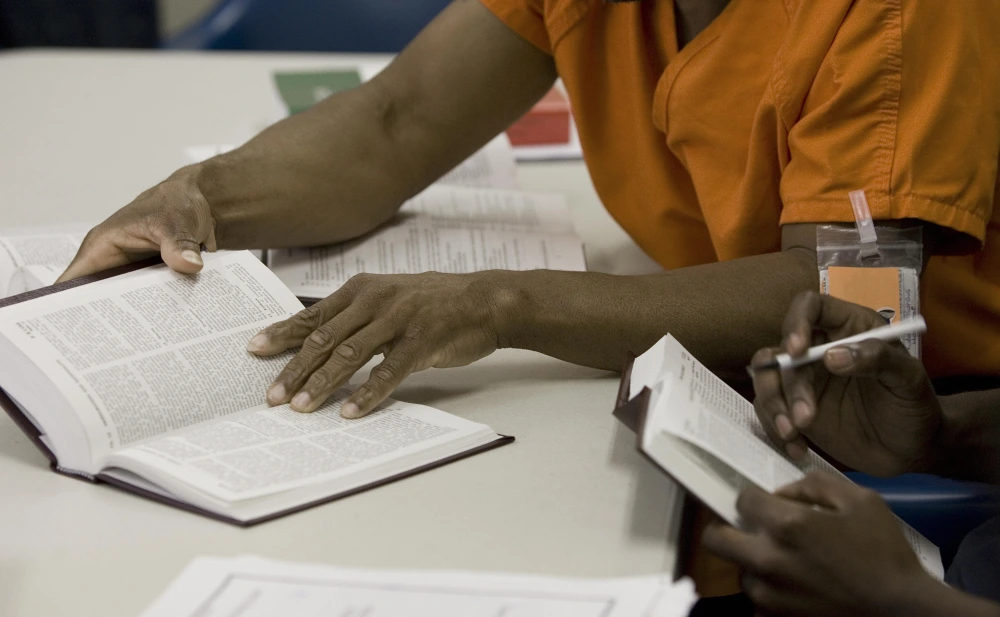
Just four years before the scheme was launched, Brazil was experiencing 29.6 homicides per 100,000 citizens each year. This put Brazil well above the global average of 7.9 homicides per 100,000, and made the country 17th worst in the world for this category of crime. In terms of reoffending, most cases of recidivism occur almost immediately.
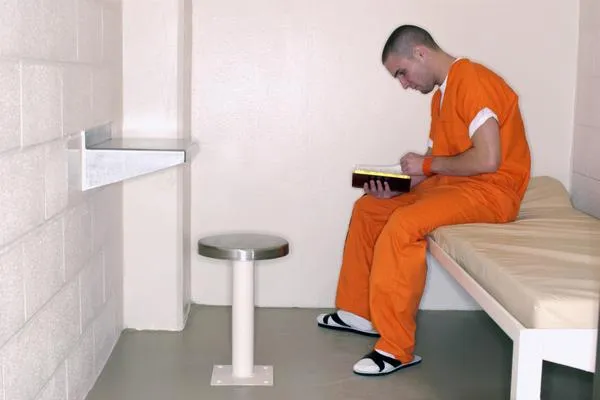
Reports suggest that, in Brazil, 30% of reoffending cases take place one month after release, 50% within three months, and 66% within one year. It seems that prisoners are released into a critically dangerous time period, when everything hangs in the balance. Anything that can push recently released inmates beyond this period is going to be of huge benefit, both to them and to society as a whole.
Education and a New Hope
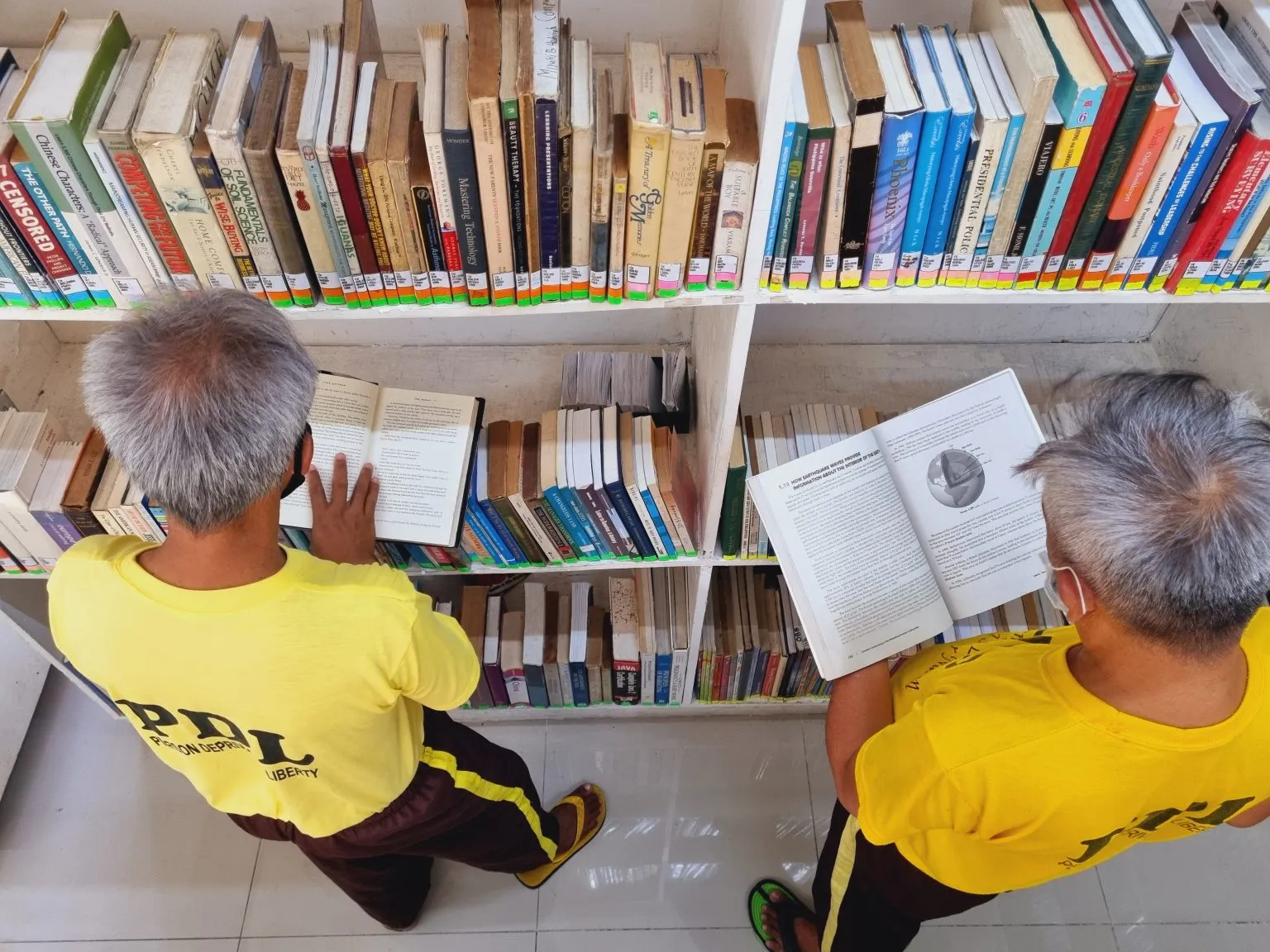
There’s little doubt that educating prisoners is the right thing to do. A study conducted by Middle Tennessee State University in early 2023 found that prison workforce and education programs had a marked effect on the people enrolled in them.
The study found that prisoners in these programs were 14.8% less likely to find themselves back in prison further down the line. They were also 6.9% more likely to land a job once they emerged into the outside world. The cycle was being well and truly broken, thanks to education and hope.
In Brazil, it seems that these programs are very much worthwhile too. Brazil is currently 14th on the global list of per capita prison population, with 408 people currently locked up for every 100,000 of the wider populace. In 2017, reports found that gang violence and overcrowding were common in juvenile prisons, leading to a dangerous environment for the youngest offenders.
Encouraging people away from these structures of incarceration, and giving them a new lease of life and a new hope is critical. Without it, Brazil’s cycle of crime could continue for many more generations, and the country’s prison system will struggle to cope.
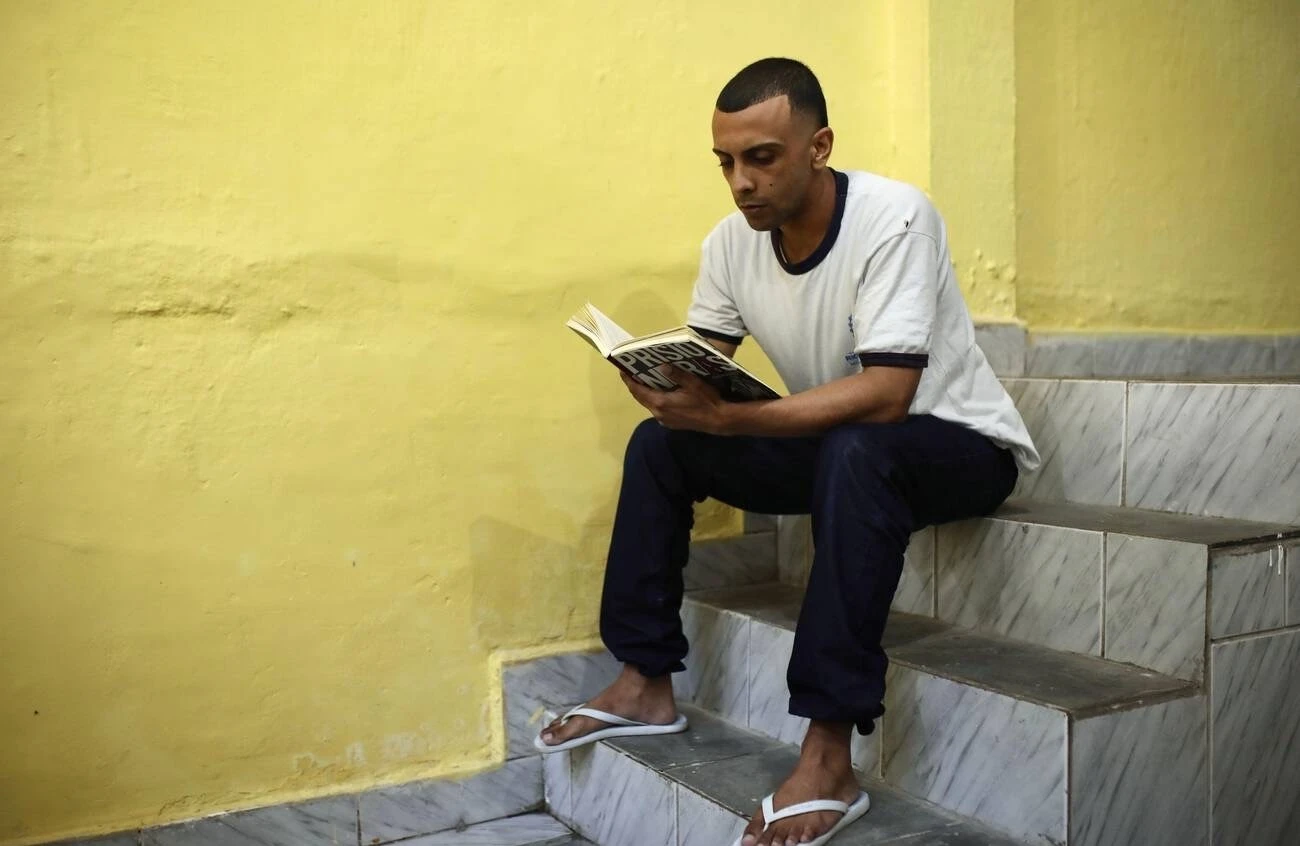
This is why sentence reduction programs are of such value. The old knee-jerk reactionism just doesn’t work anymore with regard to criminal justice. Instead, we need to focus on active measures that are going to make society safer. Meanwhile, we should be supporting and rehabilitating inmates, and saving the taxpayers’ money at the same time. And that’s exactly what Brazil is trying to achieve.
Similar Programs Around the World
Brazil is not alone in its new and innovative approach to criminal justice. Countries like Finland have also introduced similar measures, as part of the resources and support they provide to inmates in an effort to reduce recidivism.
In Finland, it certainly seems to be working. The Nordic countries’ recidivism rates are low compared to the rest of the world, and the countries experienced 1.65 homicides per 100,000 people in 2020 – Brazil’s rate is almost 18 times this number.

Offering books to prisoners and encouraging reading, education, and self-betterment won’t resolve all of society’s ills by itself. But it’s a huge step towards a better, safer, more productive society. This is always got to be the aim of criminal justice – keeping us all safe and upholding the rights of everyone, rather than just ‘punishing’ those we deem to deserve it.
Join our community of 1.5M readers
Like this story? You'll love our free weekly magazine.





